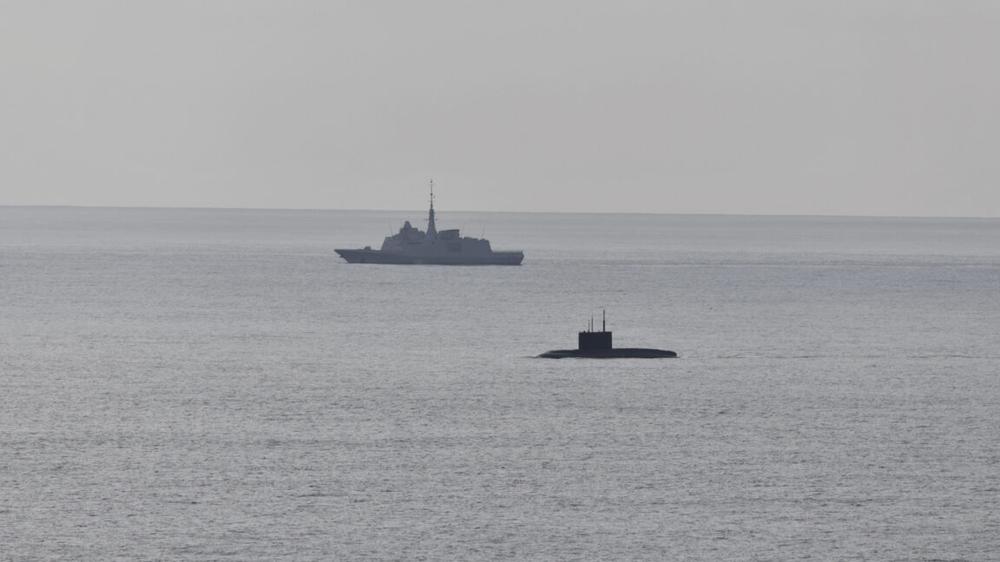When one of its Kilo-class, diesel-electric submarines recently surfaced off the coast of France, Russia denied that there was a problem with the vessel. The sub was simply surfacing to comply with maritime transit rules governing the English Channel, the Kremlin said—Russia being, of course, a noted follower of international law.
But social media accounts historically linked to Russian security forces suggested a far more serious problem on the submarine Novorossiysk. According to The Maritime Executive, "Rumors began to circulate on well-informed social media channels that the Novorossiysk had suffered a fuel leak. They suggested the vessel lacked onboard capabilities and was forced to surface to empty flooded compartments. Some reports said it was a dangerous fuel leak aboard the vessel, which was commissioned in 2012."
France 24 quoted further social media reports as saying, "The submarine has neither the spare parts nor the qualified specialists onboard to fix the malfunction," and it "now poses an explosion hazard."
When the Novorossiysk surfaced off the coast of France a few days ago, it headed north and was promptly shadowed by a French warship, then an English ship, and finally a Dutch hydrographic recording vessel and an NH90 combat helicopter. The Dutch navy said in a statement that the Novorossiysk and "the tugboat Yakov Grebelskiy," which was apparently towing it, have left the Dutch Exclusive Economic Zone. Although Russian ships have the right to transit international waters, the Dutch wanted to show "vigilance" in "preventing Russian ships from sabotaging submarine infrastructure."
Is the sub truly damaged? Who knows. But the whole situation was fodder for some international trolling this week by NATO Secretary General Mark Rutte, who is also Dutch. At a conference yesterday in Slovenia, Rutte noted many of Russia's recent provocations against Europe, including the 15 people who were "charged last month after devices hidden in parcels were detonated across Europe last year."
Other hostile actions have included:
- Months of suspected drone overflights of Poland, Denmark, and Germany
- Suspected cable-cutting operations in the Baltic
- Cybersabotage and physical sabotage in Poland
- Military buildups on the Finnish border
- A suspected assassination plot organized in 2024 against the head of one of Germany's top defense companies
- Weekly targeting of UK satellites.
Given that list, Rutte was in no mood to mince words. But he pointed out that despite all the trouble Russia can cause, people should not give in to fear that inflates its capabilities into something unstoppable. In four years of war and with more than 1 million casualties, Russia has largely failed to advance in Ukraine, for instance, and its global military ambitions have been hobbled after losing bases in Syria and having numerous Black Sea Fleet ships sunk by Ukrainian drones and missiles.
Which brought Rutte to the Novorossiysk.
Russia's "Mediterranean task force was once a mix of surface ships, submarines, and support vessels," Rutte said. (Here's the video.) "Now, in effect, there is hardly any Russian naval presence in the Mediterranean left. There is a lone and broken Russian submarine limping home from patrol. What a change from the 1984 Tom Clancy novel The Hunt for Red October. Today, it seems more like the hunt for the nearest mechanic."
Savage.

 Va a farsi curare da un medico e viene espulso dall’associazione degli sciamani
Va a farsi curare da un medico e viene espulso dall’associazione degli sciamani